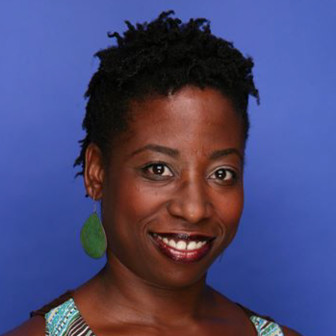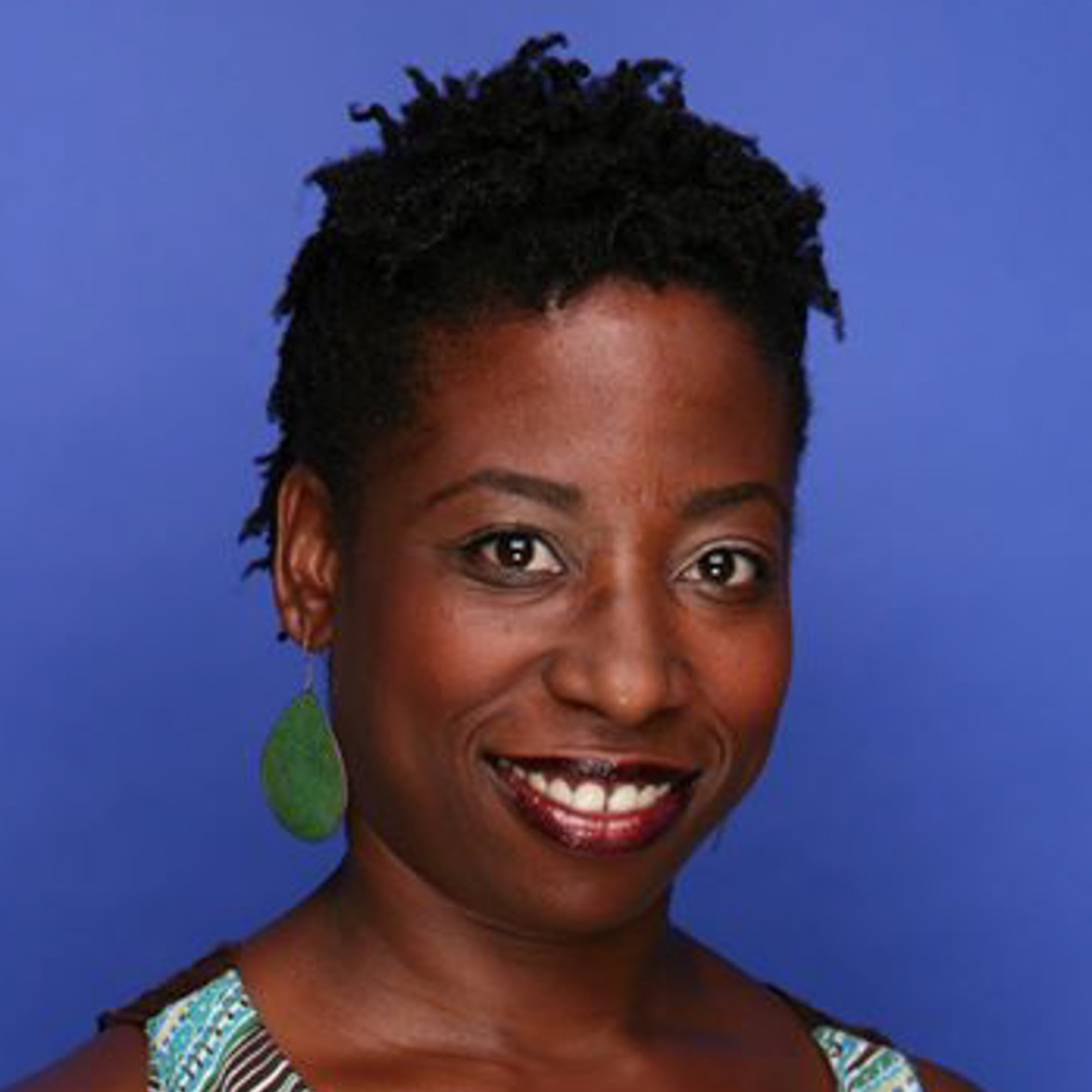 I don’t recall ever feeling like this. Aimless. Angry. Depressed. Defeated. Tired. These feelings are synonymous with PTSD and mourning. It took me half the day Thursday to realize I am, in fact, mourning. I’m mourning the loss of 123 black men who lost their lives this year at the hands of irresponsible, improperly trained law enforcement officials.
I don’t recall ever feeling like this. Aimless. Angry. Depressed. Defeated. Tired. These feelings are synonymous with PTSD and mourning. It took me half the day Thursday to realize I am, in fact, mourning. I’m mourning the loss of 123 black men who lost their lives this year at the hands of irresponsible, improperly trained law enforcement officials.
I’m mourning for my son, who today is healthy, bright-eyed and alive, but tomorrow, on stepping out the front door of our home, could very well be the next trending hashtag, relegated to a name on a T-shirt.
My son could too easily be the 124th black male casualty of the year. Or next year, or in another 20 years. What a way to live — expecting an untimely death not because of a rare disease, not because of a dangerous lifestyle, but simply because of being a black male.
For more information, visit the JJIE Resource Hub
Despite watching Facebook Live broadcasted protests, seeing my hashtag-filled tweets and listening to my calls discussing the death of Alton Sterling and Philando Castile, I feel like my son is oblivious to what is happening. And I’m not quite sure how I feel about that.
Sure, he’s a kid. Just 13. Why would I want my son to get amped up, scared, frantic? Why not keep all this bad news away from him and allow him to be oblivious? What is happening right before his eyes is the very R-rated stuff he’s not allowed to see at the movie theaters.
[RELATED: Implicit Bias: More Than Just a Few Bad Apples]
At this point, however, I think I want him to be upset and outraged because I am. Because all of us are. Because it is his life on the line today and seemingly forevermore. I want him to know that my ranting, raving and pacing around the house during his summer break is happening because I’m at wits’ end about how to respond, how to protect him, how to continue on.
Shouldn’t he see that that two people killed within two days of one another would be alive today had they not been black? Even the governor of Minnesota said Castile would have been alive today if he were white.
So I did a bad thing. I told my son that 123 black men were killed by cops in 187 days. I went on to tell him that’s almost one black man dead each day on the calendar. I then sweetened the pot and said his chances of getting killed by a peace officer is more likely than him becoming a millionaire. I kept going and going because I wanted him to react, and I was getting nothing.
What a bad, bad parent. I was forcing my trauma on to him, trying to make him feel my pain, feel defeated.
Luckily he’s used to my negativity. He’s used to me spewing off statistics like “1 in 3 black men will touch the criminal justice system in their lifetime.” He hears me day in and day out talk about the race disparity in our justice system and community services.
This is the predicament too many of us black parents are encountering right now with our young kids and teenagers. We find ourselves having to be gravely honest with them. We’re regularly explaining to them the bounty that is on their heads, the challenges that lie before them in the classrooms and on the streets.
Hours later I apologized to my son and instead of trying to force a reaction out of him, I calmly asked what he thought about the killing of two men this week and the scores of others over the last few years.
His response: “Way too many black people have been killed by police and most or none of the police were actually sent to jail. That’s unfair to other black people because that means they could be killed, too, and nothing would happen. You care because you’re an adult and pay more attention to what’s going on. Because I’m a teen, I don’t want to pay attention … but I know what’s happening.”
He also said he’s not afraid of being killed by the police. Well, that’s good … I guess. I mean, I don’t want him to walk around scared. I wish I could be as calm and cool as he is. I wish, like him, I had no fear.
But until our call to action is heard, I want him alert, expecting the unexpected — or in this case, the expected.
Zerline Hughes is a Washington, D.C., communications consultant and blogger on social justice issues. Her blog Not These Two focuses on keeping her children out of the school-to-prison pipeline. Follow her on Twitter at @zerlinehughes.
More related articles:
How to Explain and Protect Youth of Color From Police Misconduct, Trauma
Choosing the Positive Narrative for Black Children in America
